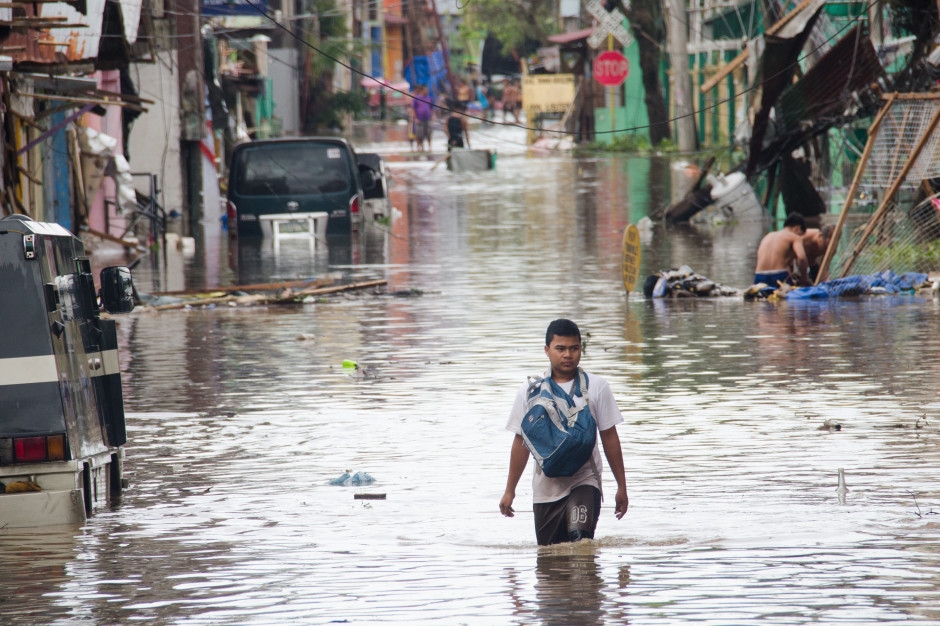Silesia/ Humanitas Academy launches research project on peer hate and disinformation

Peer hate, in addition to classic forms such as verbal aggression, ridicule, or insults, is increasingly associated with online disinformation, including the use of deepfakes, i.e. fake photos or videos, emphasize scientists from the Humanitas Academy in Sosnowiec.
- In November, they will begin carrying out the largest study on peer hate and disinformation in Poland to date - research leader Prof. Michał Kaczmarczyk told PAP.
Researchers will analyze not only classic forms of hate but also its modern manifestations. The study will be conducted using several methods and will include surveys, focus groups, and in-depth interviews. A total of approximately 2,000 students, pupils, and teachers from across Poland will be surveyed.
Scientists from the Humanitas Academy reminded that young people have been struggling with verbal aggression, insults, ridicule and public humiliation for years, and the natural environment for this type of behavior is schools and related forums or internet forums.
According to previous research, as many as 84% of surveyed teenagers consider hate speech to be one of the most harmful online phenomena. 77% of respondents have observed instances of stalking, and 74% are aware of instances of content being published online without the consent of the person depicted. Bullying, or prolonged harassment and humiliation, is also a serious problem in primary schools.
As the study's initiators note, alongside these "classic" forms of hate, new forms of hate continue to emerge, particularly those related to disinformation. Deepfakes, which utilize technologies that create realistic yet false audio and visual messages, are becoming increasingly popular online—for example, in social media and online groups. Haters manipulate photos or videos to discredit their victims.
Yet another form of contemporary hate is "fake screenshots"—false screenshots of conversations, posts, or messages—as well as "deepnude," which is the dissemination of false erotic or pornographic material created using deepfake technology. Among teenagers, there are also cases of "revenge porn," or revenge pornography. This involves sharing or publishing intimate photos online without the subject's consent, with the aim of humiliating or exacting revenge, for example, against an ex-girlfriend or boyfriend.
The study, conducted by scientists from the Humanitas Academy, will allow researchers to compare how all these groups perceive the same phenomenon—who is more likely to be a victim, a witness, and a perpetrator. Research questions will address, among other things, new forms of violence related to technological advancements, personal experiences, emotions triggered by hate, ways of responding, as well as a sense of security and access to psychological support in schools.
"Peer hate is systemic and affects both relationships between young people and between teachers. Increasingly, teachers are also becoming victims of verbal aggression from students, parents, and even colleagues. According to OECD data from 2024, Poland is among the countries where over 40% of teachers report experiencing verbal abuse in the workplace. This aspect of violence in the educational environment will also be the subject of our study," emphasized Professor Kaczmarczyk.
He noted that compared to previous research, the "Peer Hate: Diagnosis 2025/2026" project stands out for its comprehensive approach to the problem – it encompasses both student and teacher perspectives and introduces the topic of disinformation as a new form of hate. It is one of the first empirical studies in Poland to analyze false information, media manipulation, and deepfakes as a tool for peer violence. The research findings will be used to develop recommendations for countering aggression and disinformation in the educational space. The goal is also to raise awareness among teachers and students about how to respond to hate.
"Hate and disinformation are no longer marginalized in school life. These phenomena have a real impact on young people's mental health. Poland is among the top European countries in terms of youth suicide rates, and one of the main risk factors is emotional abuse and cyberbullying. School, which is supposed to be a space for development, is increasingly becoming a place of fear and exclusion. And, unfortunately, a place where the problem is swept under the rug," said Professor Kaczmarczyk. He argued that the project aims to give voice to both students and teachers, and above all, to understand the social and technological mechanisms that fuel the spiral of hatred. (PAP)
kon/ agz/
The PAP Foundation permits free reprinting of articles from the Nauka w Polsce website, provided that you notify us by email once a month of your use of the website and cite the source of the article. On portals and websites, please include the linked address: Source: naukawpolsce.pl, and in journals, please include the annotation: Source: Nauka w Polsce website - naukawpolsce.pl. This permission does not apply to information in the "World" category or any photographs or video materials.
naukawpolsce.pl





